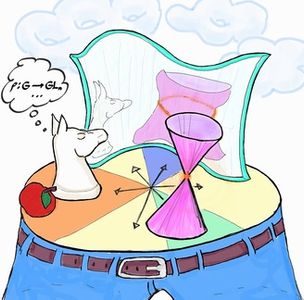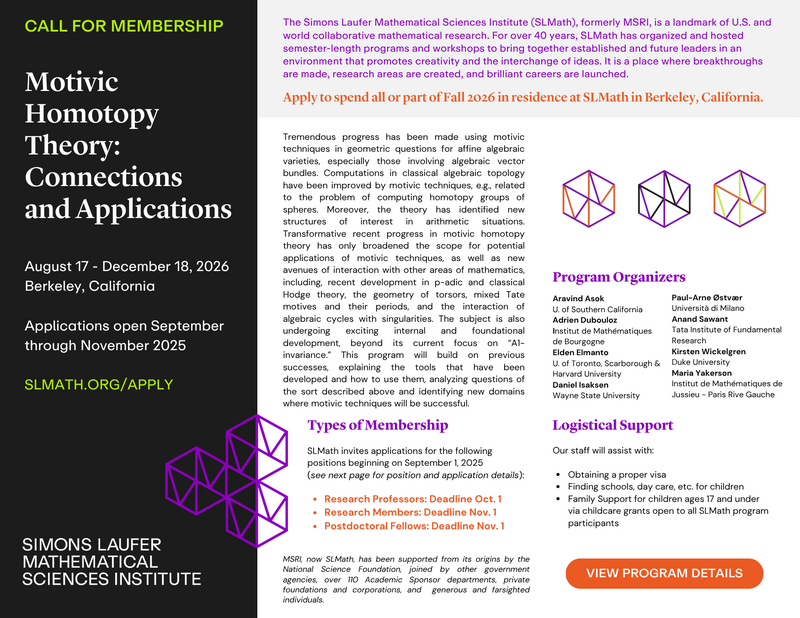Constructive Approximation and Harmonic Analysis
Date: 1 March - 30 June 2016
Location: Centre de Recerca Mathemàtica, Bellaterra, Spain
Event type: Extended Format
Organisers: Dmitry Bilyk (Minnesota), Feng Dai (Alberta), Vladimir Temlyakov (South Carolina), Sergey Tikhonov (ICREA-CRM)
This research program focuses on the interaction between constructive approximation and harmonic analysis. The aim is to facilitate broader and deeper interaction among researchers in these fields.
Approximation theory seeks to approximate complicated functions by simpler functions from certain classes and to evaluate the errors inevitably arising in such approximations. This field draws its methods from various areas of mathematics such as functional analysis, variational analysis, probability, etc. Constructive approximation strives to explicitly find the best (or nearly best) approximants in such problems which is of tremendous importance in numerous applications.
Harmonic analysis is a very old branch of mathematics which investigates the behaviour of functions using their time and frequency features as well as various (orthogonal) decompositions. Despite a long history, this field is very vital today with numerous open problems and active research areas, such as weighted inequalities, time-frequency analysis, multilinear analysis, singular integrals on rectifiable sets and many others. Harmonic analysis reveals exciting connections to other branches of mathematics, such as geometric measure theory, complex analysis, convex and discrete geometry.
Among these relations, a very special place is taken by the link between harmonic analysis and approximation theory (this interplay is well known: trigonometric polynomials, wavelets, frames, other (quasi) orthoganal systems, hyperbolic cross approximations play and important role in approximation and are a subject of active ongoing research).
CMI Enhancement and Partnership Program
Related events
See all events
Knotted Surfaces in Four-Manifolds
Park City Mathematics Institute

p-adic Kudla Program and p-adic Automorphic Forms
CIRM

Representation Theory Under the Influence of Quantum Field Theory
Simons Laufer Mathematical Sciences Institute

Motivic Homotopy Theory: Connections and Applications
Simons Laufer Mathematical Sciences Institute